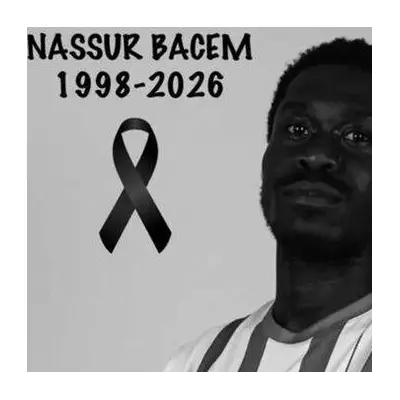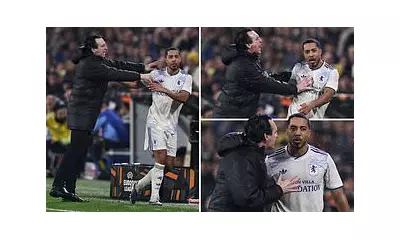
In a dramatic turn of events that has sent shockwaves through European football, Thursday's highly anticipated Europa League encounter between Maccabi Tel Aviv and Greek giants Olympiacos was abruptly called off following massive pro-Palestinian demonstrations.
Stadium Access Blocked by Protesters
The match, which had been relocated to Budapest's Hidegkuti Nandor Stadium due to security concerns in Israel, descended into chaos hours before kick-off. Hundreds of activists converged on the Hungarian venue, effectively blocking all major access routes and preventing players, officials, and thousands of travelling supporters from entering the ground.
Eyewitnesses described scenes of confusion and frustration as security personnel struggled to manage the growing crowds. The protests remained largely peaceful but created an impossible situation for match organisers attempting to proceed with the Group B fixture.
UEFA's Official Statement
European football's governing body UEFA released an official statement confirming the postponement: "The UEFA Europa League match between Maccabi Tel Aviv and Olympiacos FC, originally scheduled for Thursday 26 October 2023, has been postponed due to security concerns. A new date for the fixture will be communicated in due course."
The decision marks one of the most significant match cancellations in recent European competition history, highlighting how geopolitical tensions are increasingly impacting sporting events.
Context of Relocation and Security Concerns
This fixture had already been moved from Tel Aviv to neutral territory in Hungary following the escalation of conflict in the Middle East. UEFA had been monitoring the security situation closely, but few anticipated that the match would face such significant challenges in its alternative location.
The protests in Budapest reflect growing global tensions surrounding the Israeli-Palestinian conflict, with sporting events becoming unexpected flashpoints for political expression.
What Happens Next?
Football authorities now face a scheduling headache as they attempt to rearrange this crucial group stage match. Both clubs await urgent communication from UEFA regarding potential alternative dates and venues.
The incident raises serious questions about how European football will manage similar situations in future, particularly as conflicts continue to intersect with the sporting world.
This developing story represents another chapter in the challenging relationship between international sports and global politics, leaving fans and officials alike wondering what the future holds for matches involving Israeli clubs in European competition.





